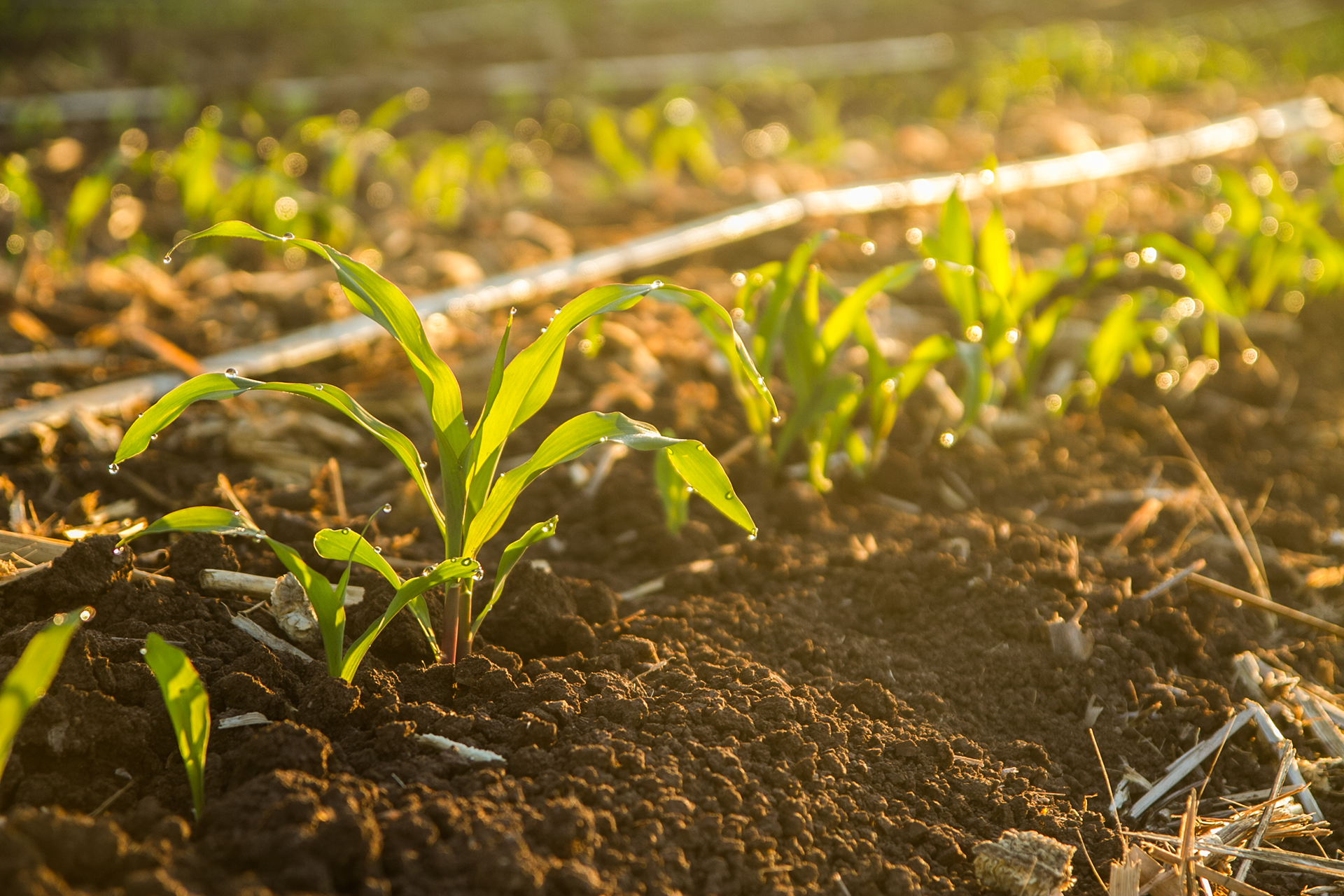Thanks to favourable weather conditions, the general outlook for South Africa’s agricultural sector is positive. But many farmers, especially those depending on irrigation, are concerned about the impact of load-shedding and infrastructural issues, as well as the continuous elevated price of crude oil due to the ongoing conflict between Russia and Ukraine.
Speaking at a media roundtable, John Hudson, National Head of Agriculture at Nedbank Commercial Banking, said that the security of energy supplies is critical – not only to provide the power needed for irrigation, operating machinery, processing, packing, and refining, but also to ensure national food security.
However, despite these challenges, the outlook for the agricultural industry for 2023 is slightly better with the expected benefit of La Niña-induced favourable weather conditions.
Hudson also said that farmers should consider diversifying their energy sources by investing in renewable energy. ‘Farmers are looking to banks to add value and address key risks in agricultural businesses. Finance can drive positive change, and in this case, renewable energy is certainly at the top of the list.’
He said that while renewable energy is not a solution in all cases, it gives farmers a great opportunity to ‘grow’ energy on their farms. Some farmers are producing energy for their personal use, while others are already generating enough energy to feed into their local or the national grid.
Wandile Sihlobo, Chief Economist of the Agricultural Business Chamber of South Africa, said that consumer food price inflation could slightly soften from the elevated levels of 9,5% in 2022, in line with agricultural commodity prices that are cooling off globally. Still, electricity prices and the pressure on farmers and the entire food, fibre and beverage value chain remain upside risks for inflation in the foreseeable future.
Sihlobo noted that in the rainfed agricultural areas, the season has been progressing well. ‘The good rainy season that we have had so far is encouraging. Tractor sales at the end of 2022 were at 9 184 units, up by 17% from the previous year, and shows that farmers are investing in movable assets with confidence. But there is a concern about load-shedding for farmers who depend on irrigation’.
Sihlobo also spoke about the challenges that the agribusiness sector faces due to deteriorating municipal service delivery, which is increasing the cost of doing business and impacting the reallocation of investments that should be channelled towards agribusiness activities to maintain the infrastructure. Progress regarding implementing agricultural regulatory reforms is slow, and Sihlobo suggested that Act 36 of 1947 regarding fertilisers, animal feeds and agricultural and stock remedies be reviewed.
‘The launch of the Agricultural Development and Land Reform Agency will hopefully unlock land redistribution. There is potentially over 2,0 million hectares of arable land that could boost agricultural output,’ said Sihlobo.
Meanwhile, Zhann Meyer, Head of Agricultural Commodities at Nedbank Corporate and Investment Banking, said to achieve a sustainable agricultural sector, financial institutions must be closely aligned with the United Nations Sustainable Development Goals, which call for zero hunger, food security and sustainable agriculture, as well as responsible consumption and production.
He looked at agricultural finance with a focus on blended finance, which could positively contribute to the sector’s growth, and service the needs of new-entrant farmers. He emphasised the importance of banks being flexible and supporting farmers by helping them structure cash flow, as well as understanding the importance of implementing the right debt instruments, combined with working capital needs, to facilitate long-term sustainable growth. ‘Financial institutions need to depart from conventional collateral and consider taking leases as security, integrating finance products into the value chain and securing offtake contracts as part of the repayment profile’, said Meyer.









